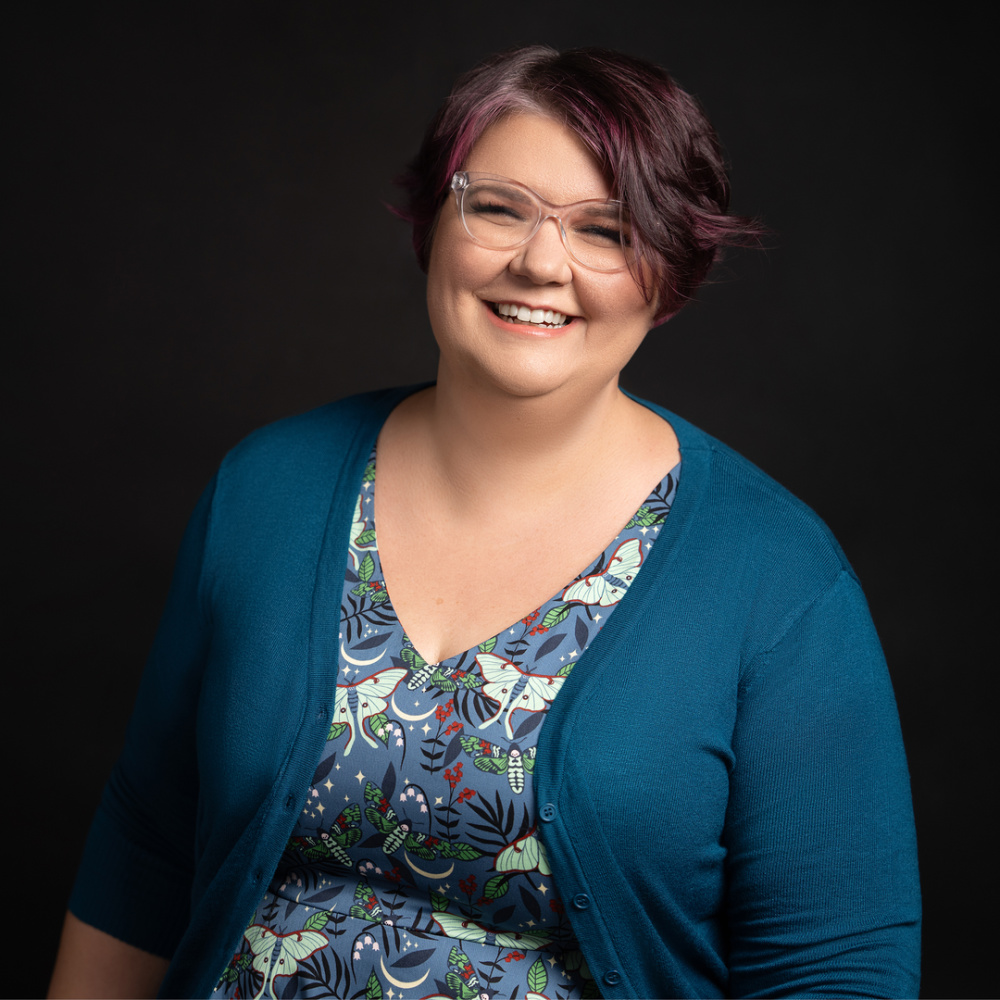Yesterday morning, I was talking to my therapist about this insidious voice that pops into my thoughts sometimes and says “I hate myself.” We talked about how that voice used to be the primary voice at one point, and the “I like myself” voice was the very tiny voice that occasionally broke through. Now that things have switched for the better, my therapist asked if I had any gratitude for that voice at all.
I loved this question, and after pondering, I got emotional about it. I saw how for so many things in my life, I do have deep gratitude for many parts of my past, and if not gratitude there’s compassion and understanding.
But, can I have gratitude for my mental illness?
I’m not sure if I can find the gratitude for that low self worth, anxiety, and depression that I had back then. I am grateful for the choices I made to pull myself out of it, but it is hard to find gratitude for mental health issues even if those same mental health issues are what led me to do the work I do today and help the people I help today.
I look at Van Gogh as the prime example of this. He had a desperate mental illness. Painting was one of the only places he found some peace, so he painted in order to survive. He was even prescribed painting because his doctor realized the depths of his need for art.
And now because of that pain, we have hundreds of paintings to enjoy. Paintings that have helped others through their own mental health challenges. Paintings that raise the vibration of the planet. Powerful art that moves people.
But can I look back at Van Gogh and have gratitude for the pain that caused him to paint those iconic bold brushstrokes?
Gratitude makes me think about how we are “supposed” to say “it’s okay” after someone says “I am sorry.”
But the truth is, it’s not okay that he was suffering. It’s not okay that his life was cut short because of his pain. It’s not okay that he lived “often in the depths of misery”. His words.
We all get to benefit from his pain, but his art doesn’t cancel out his pain. Artists have the remarkable capacity to turn their pain into something that heals other people. I know I have this gift as well. I know my pain activated things in me that I don’t know would have been activated if I didn’t have it. I’ll never know.
Does that make it okay that I struggled? What would I have created without it? What art would Van Gogh have created had he lived?
Can I have gratitude?
I can honor Van Gogh’s pain and what it brought to my life. I can honor the pain of all the people in the world who don’t have art as their way through. I can honor my pain for the clarity and depth it now brings to my life.
I think that might be a form of gratitude, so I guess my answer is a hesitant yes, but in the end, it’s still not okay.
I’d take away all that pain if I could, and I wouldn’t be sorry if it meant no Starry Night.
Because taking away mental illness doesn’t take away emotions. Taking away my anxiety would not have taken away my capacity to feel the range of my humanity.
Andrew Solomon says “The opposite of depression is not happiness, but vitality.”
Vital artists are still human. They still feel. They still have the desire to create and to process. They make art too. And without the burden of mental illness they have more time and energy to do it.
And they are ALIVE to do it.
Vincent Van Gogh, Self-Portrait With a Bandaged Ear, 1889








